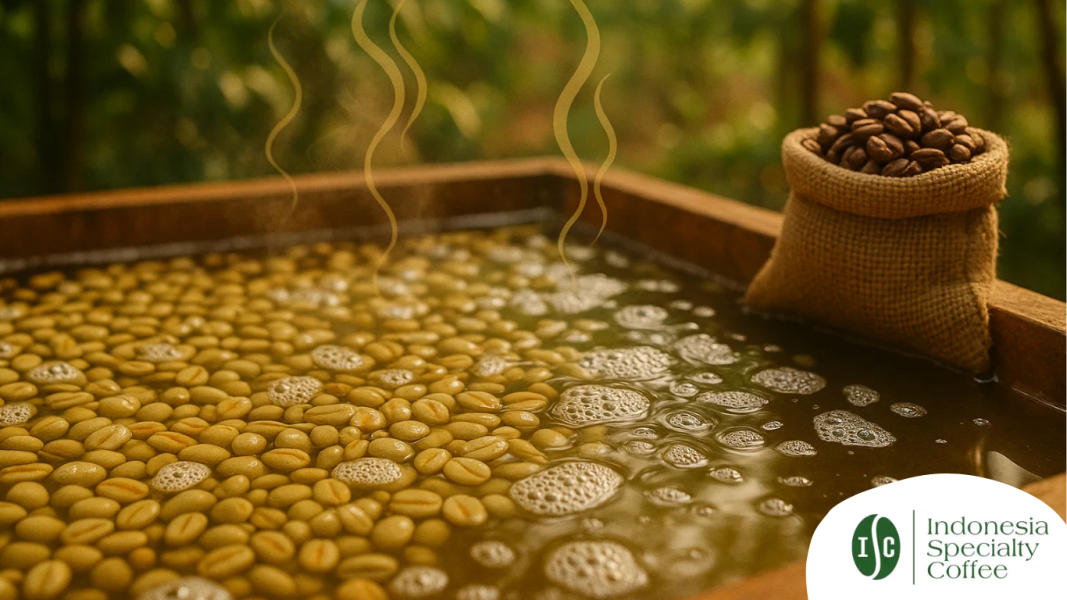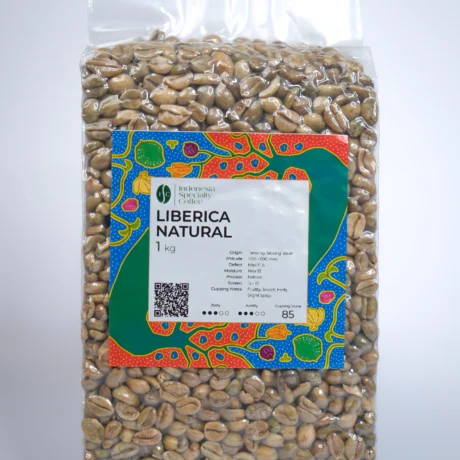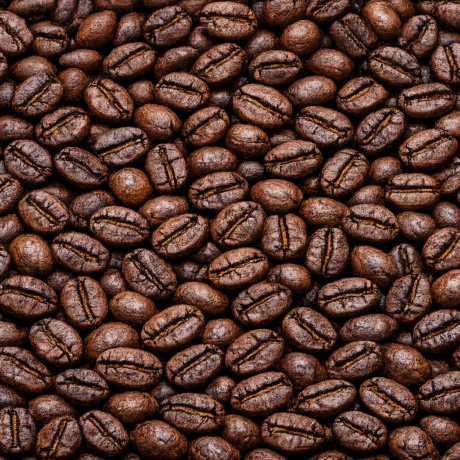A Flavor Revolution Begins with Coffee Fermentation
Imagine pouring your first cup of the day. You inhale the aroma—bright, fruity, maybe even floral. That burst of complexity? It might be thanks to coffee fermentation sensory impact.
Long before your beans hit the grinder, a quiet transformation unfolds. After harvesting, coffee beans can go through a wet fermentation process where natural microbes—yeasts, bacteria, and fungi—go to work. They don’t just clean the mucilage off the beans. They unlock flavor.
In fact, when done right, fermentation enhances not just the aroma but also the body, acidity, and uniformity of the brew. It’s not just a step—it’s an art form.
What Is Coffee Fermentation and Why Should You Care?
Coffee fermentation is a biological process where enzymes and microbes break down the mucilage surrounding coffee beans. Most commonly done using the wet fermentation method, beans are soaked in water for up to 36 hours. But the impact goes far beyond cleaning.
This process:
- Increases fruity and floral flavor compounds
- Enhances the sensory complexity of the cup
- Reduces undesirable bitter or sour notes
Coffee fermentation sensory impact has been proven to outperform mechanical processing methods. According to expert Q-Grader panels, fermented coffee consistently scores higher in aroma, acidity, and body than its non-fermented counterpart.
☕ Want to perfect your brew? Learn how brewing time affects pour-over coffee.
The Real Chemistry Behind Coffee Fermentation Sensory Impact
💡 Alcohols and Esters: The Aroma Architects
During wet fermentation, microbial activity increases the levels of alcohols like ethanol and isoamyl alcohol, which bring sweet, banana-like notes. At the same time, esters such as ethyl acetate (pineapple aroma) form in high concentrations.
These compounds:
- Elevate the fruity and floral aromas
- Create a smoother, fuller mouthfeel
- Stay present even after roasting
🔬 Aldehydes and Acids: Balancing the Brew
Fermentation also boosts flavor-rich aldehydes like benzaldehyde1 (almond scent) and 3-methylbutanal (coffee-like aroma). Meanwhile, it reduces harsh acids like butanoic acid, which smells like onion.
In short, fermentation:
- Adds complexity through desirable volatiles
- Removes off-putting or sour elements
- Builds better balance in the cup
Learn how fermentation can be part of a sustainable coffee production process.
The Sensory Difference You Can Taste
Let’s get personal. A sensory test involving professional Q-Grader panelists revealed that coffee made from wet-fermented beans had:
- Fruity notes like apple and yellow grape
- Fuller body with hints of vanilla
- Higher overall cup scores
Meanwhile, mechanically de-mucilaged beans were described as “nutty” or “roasted,” lacking the vibrancy and depth.

This is the real power of coffee fermentation sensory impact—it makes your coffee not just drinkable, but memorable.
👀 Looking for high-quality beans? Check our guide to choosing the best Aceh Gayo green coffee beans.
Beyond Taste: The Science of Sensory Impact
🧪 Why Fermentation Enhances Flavor
- Microbial acids (like acetic acid) alter bean pH, setting up chemical reactions during roasting that create richer flavors.
- Even after roasting, fermented beans retain more esters and aldehydes, amplifying the final aroma.
📉 What Fermentation Reduces
- Butanoic acid, which adds unpleasant sourness
- Over-roasted or bland flavor notes
- Muted aroma profiles common in machine-processed beans
👉 Want to store those precious flavors longer? See our tips on extending the life and aroma of coffee beans.
How You Can Experience Coffee Fermentation at Home
Ready to taste the difference yourself? Here’s how to get started:
- Look for naturally fermented or washed beans from regions like Sumatra or Toraja. Discover why Lampung and Sumatra beans are highly rated.
- Try a pour-over or French press method to highlight those fruity volatiles. Need help? Check our French press ratio guide.
- Experiment with different roast levels. Light to medium roasts preserve the fermentation magic.
🛫 Traveling? Don’t forget to learn how to fly with coffee beans.
Coffee Fermentation Sensory Impact is the Future of Specialty Coffee
From aroma to aftertaste, wet fermentation is changing what we expect from coffee. It’s not just about removing mucilage—it’s about amplifying nature’s flavors.
So the next time you take a sip, ask yourself:
Is this coffee just good—or is it telling a story?





